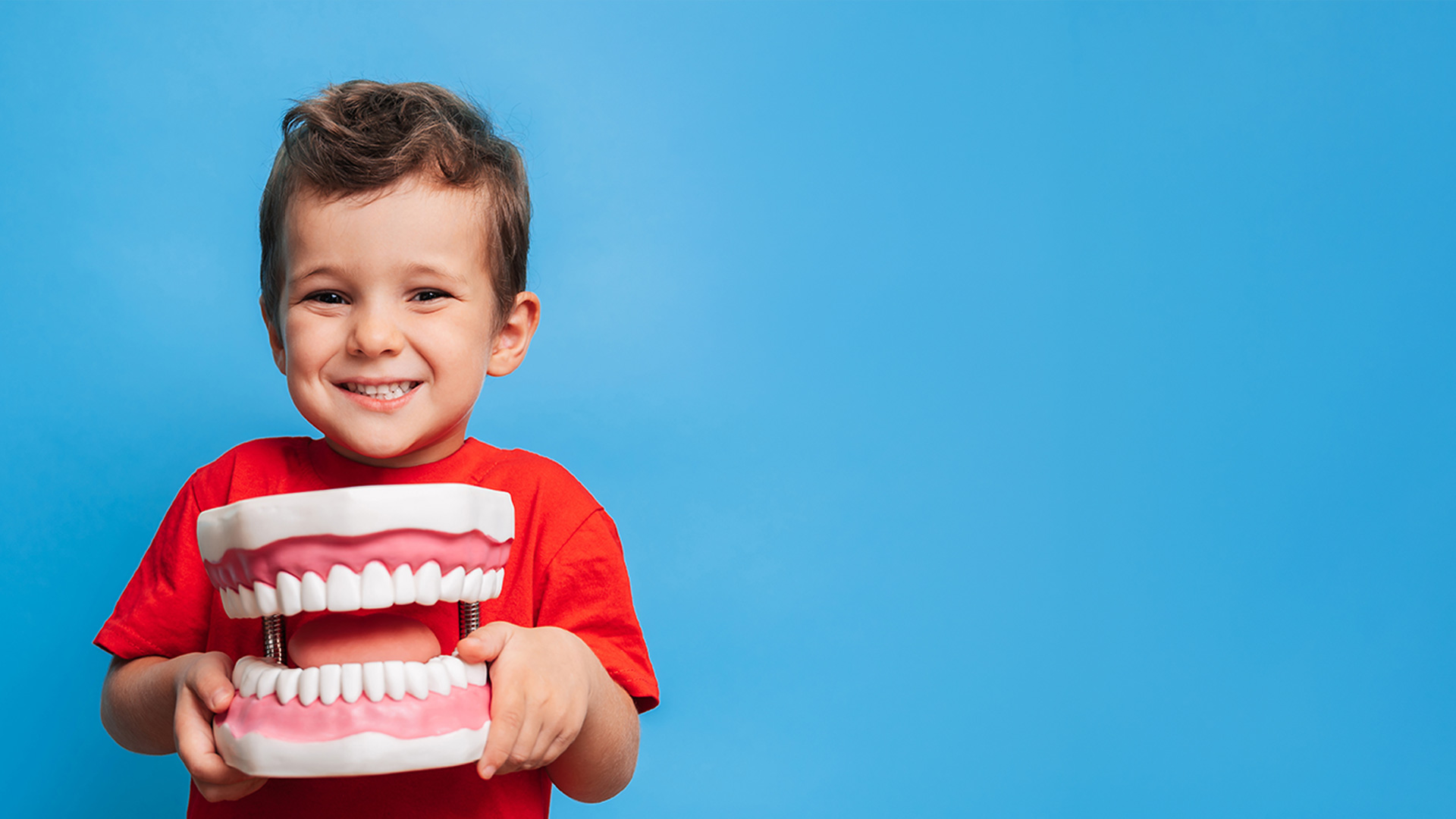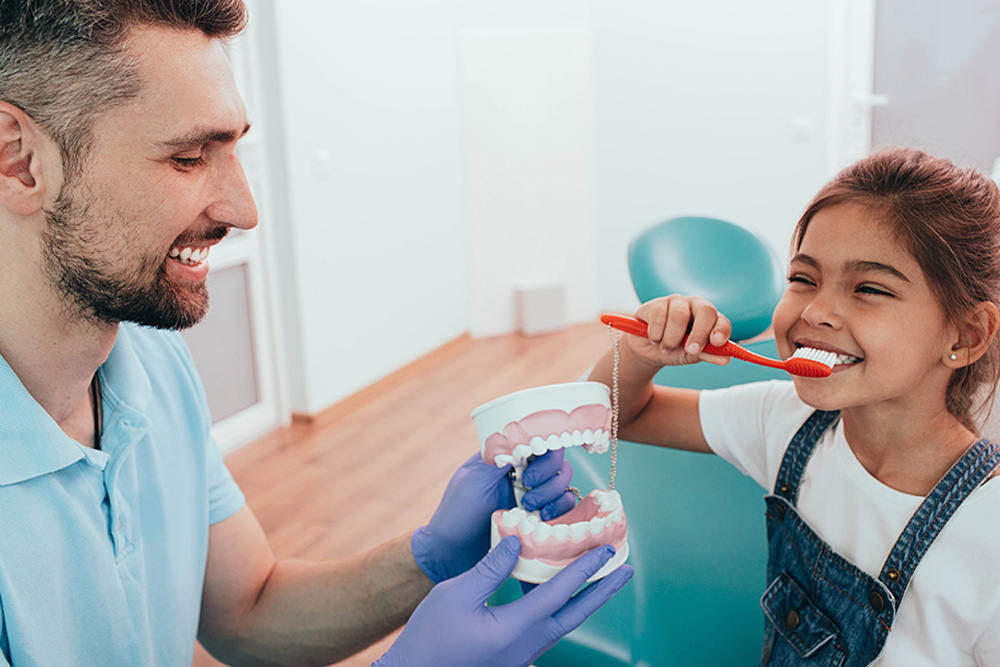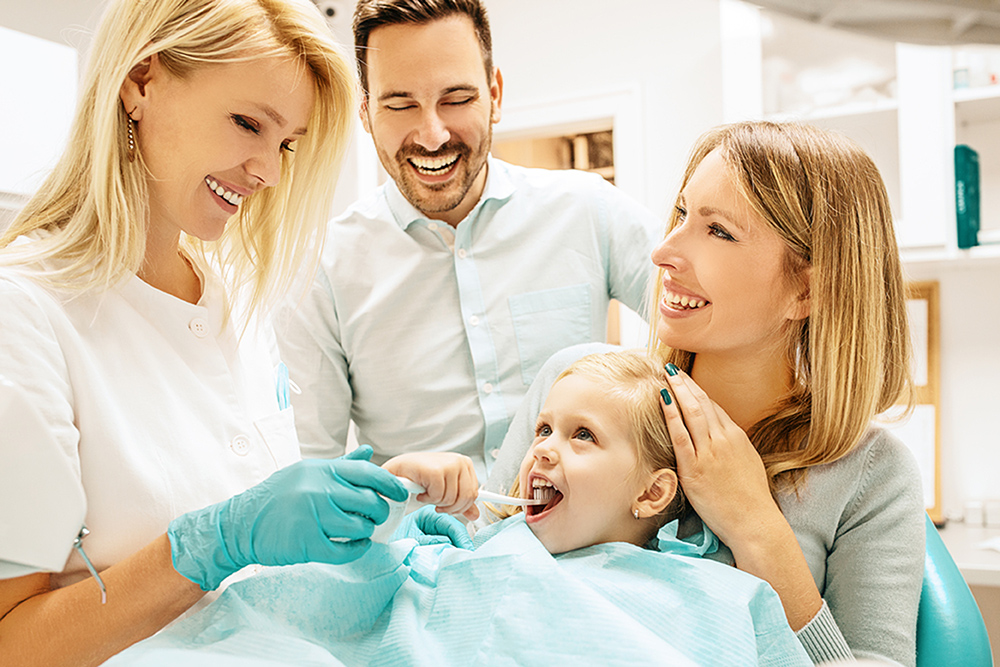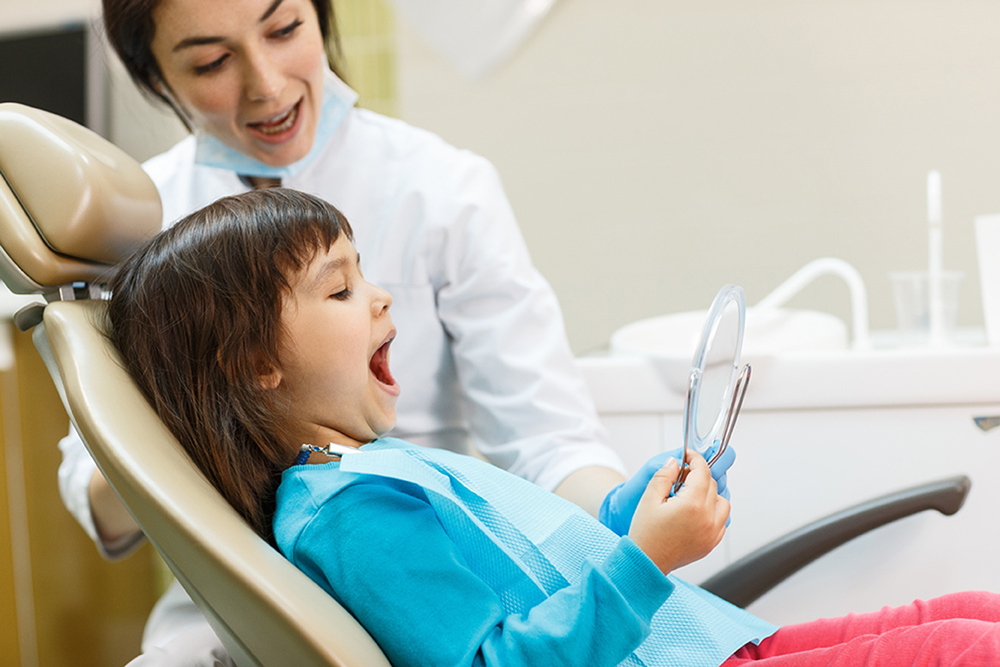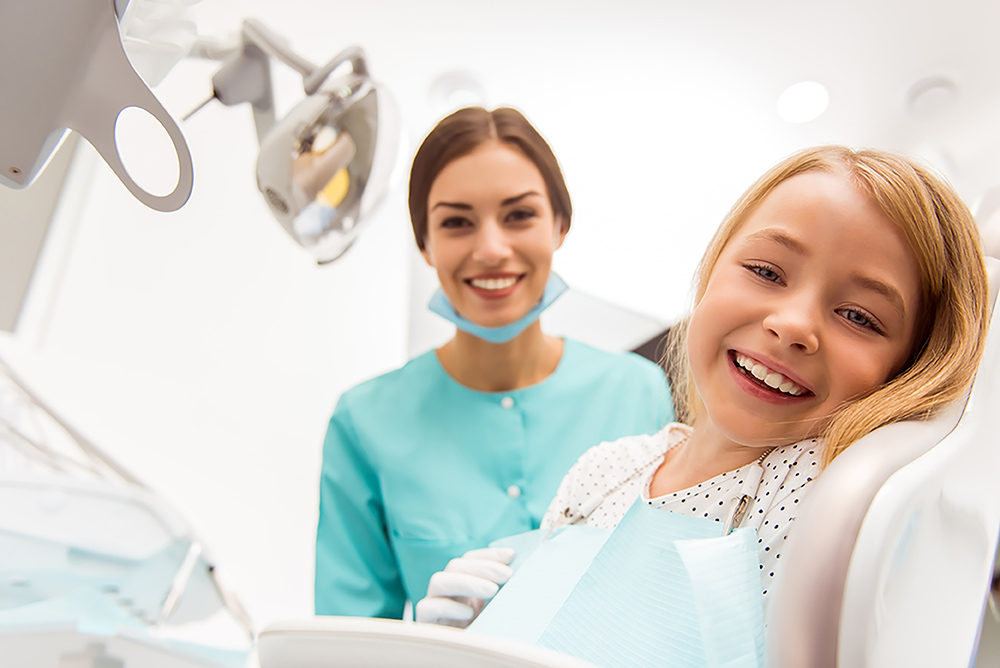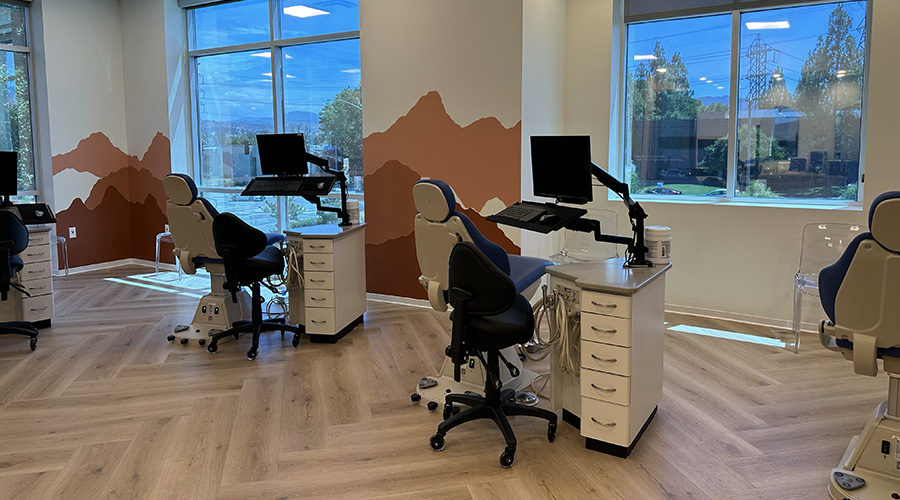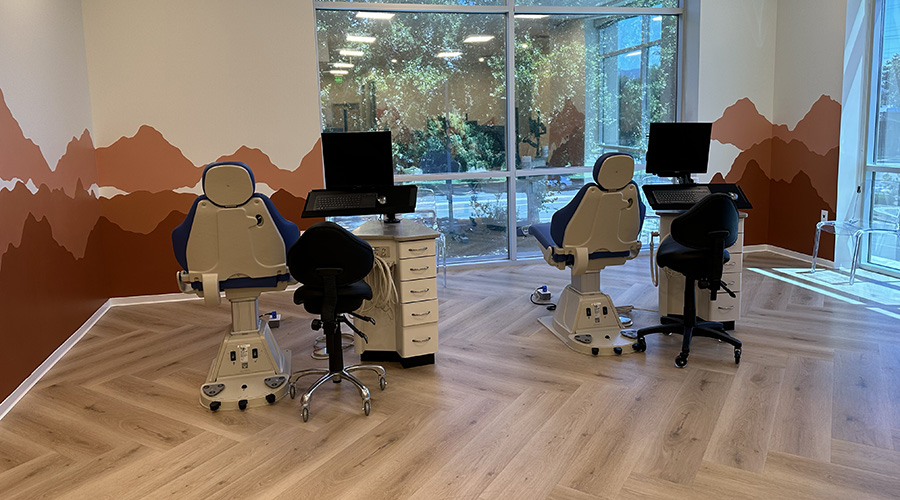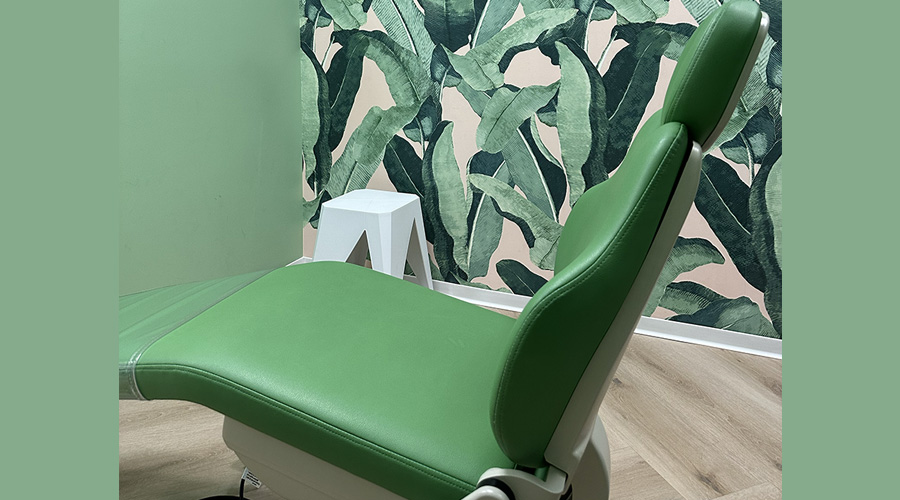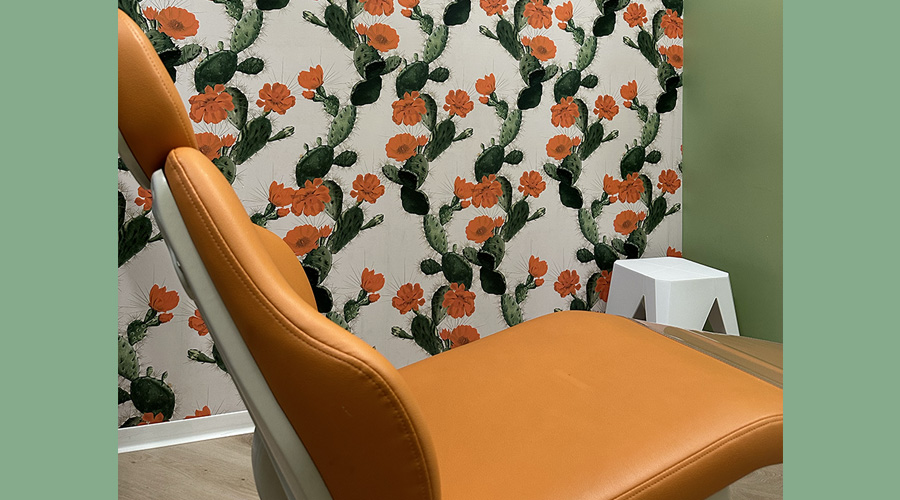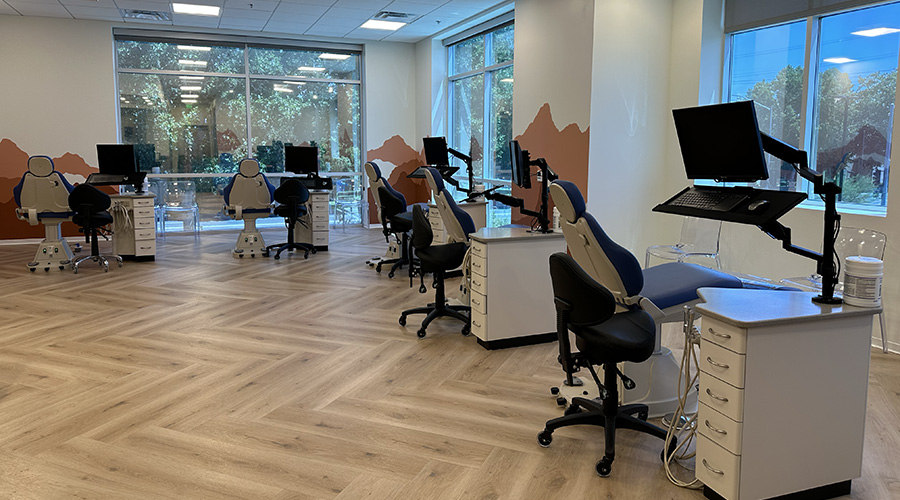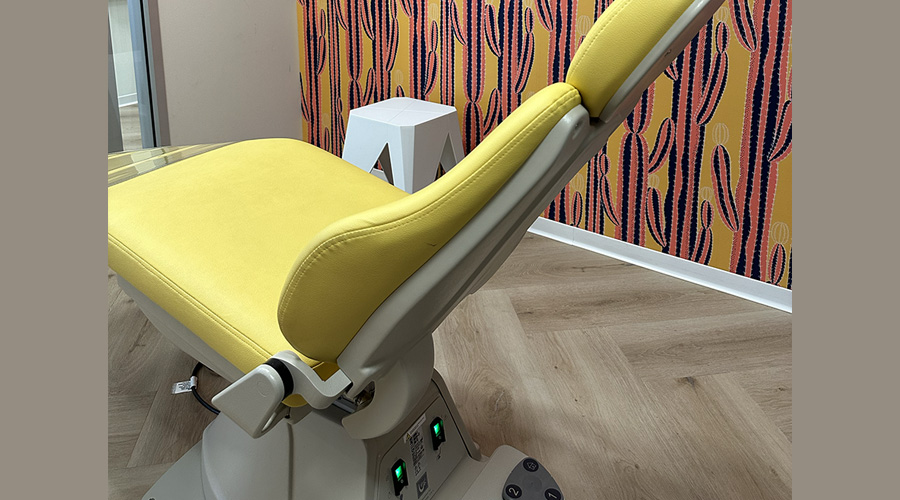Why Choose SCV Pediatric Dentistry for Your Child?

Serving the Area 20+ Years for Pediatric Needs

Free First Exam Visit
(up to 18 months)

Tongue & Lip Tie Release with CO2 Lasers

Experienced and Compassionate Team
Creating Healthy& Beautiful SmilesYour Pediatric Dentist In Santa Clarita
At SCV Pediatric Dentistry and Orthodontics, we’ve been dedicated to nurturing vibrant and healthy smiles since 1980. Our primary emphasis is on creating a warm and inviting environment for children of all ages receiving pediatric dental treatments in our care. Whether your child is attending their initial dental consultation or you’re interested in ensuring your little one’s smile develops beautifully, our team at SCV Pediatric Dentistry and Orthodontics is committed to providing a relaxed and comfortable atmosphere. We prioritize an educational approach to guide young patients and their parents, helping them comprehend individual dental cases and offering valuable insights into maintaining proper oral care throughout their lifetime. Our pediatric dentist in Valencia aims to promote a positive attitude toward dental health in our patients from an early age that will carry on for the rest of their lives and oral health journeys!
Your Child’s Oral Health is Our Priority.
We take the time to get to know your child & their unique dental needs. please don’t hesitate to contact our kids dentist in Santa Clarita immediately!

Request an Appointment
with Our kids Dentist Near You
OUR PHILOSOPHY:
Good Oral Health Starts Early
At SCV Pediatric Dentistry and Orthodontics, it is our mission to change children’s lives by providing enjoyable and exceptional dental care while making a positive impact in our community. We are proud to be known as the best Santa Clarita pediatric dentist near you (by all of our patients) and offer the highest quality of children’s dental care and orthodontics in all of Los Angeles County. We love this city and are so proud of our roots, and we hope to become your next local Valencia Pediatric Dentist.
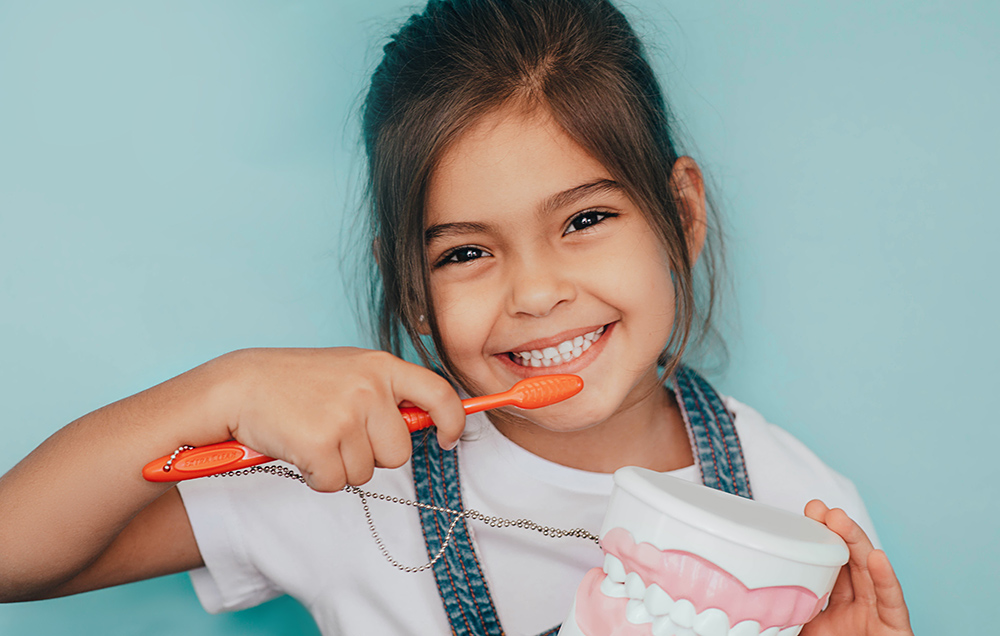
Our Parents Say it Best
My daughter sees both the dentist (Dr. Justin) and the orthodontist (Dr. Michael) at this office, and we have had a wonderful experience with both sides. The doctors and all of the dental assistants have a great disposition towards the kids.
We love Pair! The staff is amazing. I have 2 former patients and 2 currently in braces. They are very patient with my son who has Autism as well. Wonderful staff from the start of the process to the end. I highly recommend.
My daughter sees both the dentist (Dr. Justin) and the orthodontist (Dr. Michael) at this office, and we have had a wonderful experience with both sides. The doctors and all of the dental assistants have a great disposition towards the kids.
We love Pair! The staff is amazing. I have 2 former patients and 2 currently in braces. They are very patient with my son who has Autism as well. Wonderful staff from the start of the process to the end. I highly recommend.
cannot say how great my daughters experience was. I found the orthodontist next door through Yelp and thought we would give Dr. Justin and his team a try and it was the best decision I could make. My daughter has a few things going on with her gums, Dr. Justin was able to address the issue and as well communicated with the orthodontist Dr. Michael. I trust my daughters dental work is in great hands. I highly recommend!
Dr. Justin and the rest of the staff are absolutely wonderful! The office is beautiful and clean, staff is so friendly and welcoming, and I always know my toddler and 8 year old son are in good hands when coming here. Multiple times we had to reach out after hours to schedule an emergency appt because my daughter broke her front tooth and Dr. Justin contacted us right away and got her in for an appt the next morning. The communication is excellent and everyone goes out of their way to give you and your child the best experience.
Dr. Justin went above and beyond to ease my concerns with my child’s newly erupting teeth. He is caring, compassionate, and has a great chair side manner. I trust him fully and would recommend anyone with dental anxiety to soothe your fears by seeing Dr. Justin!
Dr. Justin is absolutely fantastic. He really knows how to really connect with the kids and make them feel comfortable! The office is neat and clean and has a cute feel to it that . The assistant was even able to take xrays, which they weren’t able to do at the previous office. Dr. Justin went over everything iin detail and also talked about braces, which is super convenient since they have ortho in the same office. Wish I had this office when I was young haha
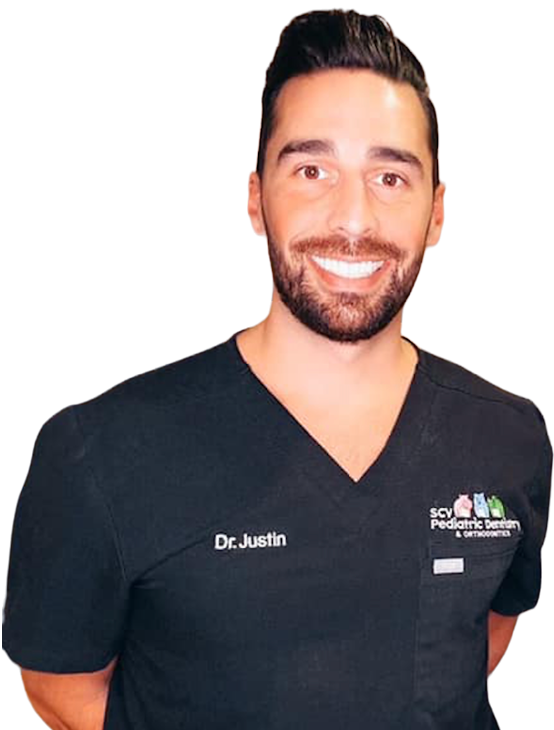
Dr. Justin Berman
Dr. Justin and his family are proud members of the children’s dentist Santa Clarita community. Growing up, he aspired to be one of the hometown doctors who helped to not only maintain health but also be a positive influence in his life. As a parent himself, he understands the importance of providing gentle and compassionate dental care for young patients. Dr. Justin believes in creating a nurturing and friendly environment where your child can feel comfortable and confident during their dental visits.
 A welcome Message from Dr. Justin Berman
A welcome Message from Dr. Justin Berman


